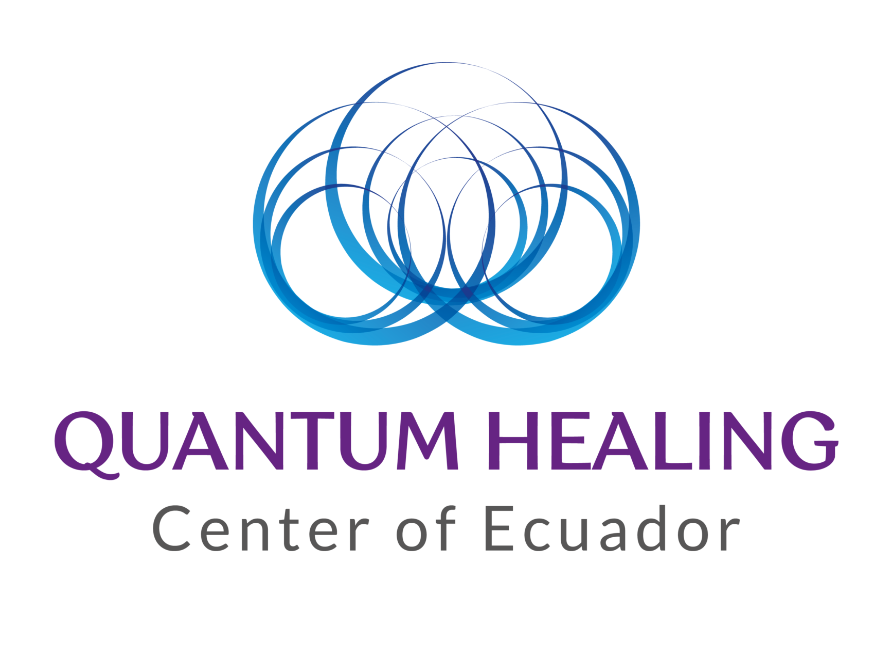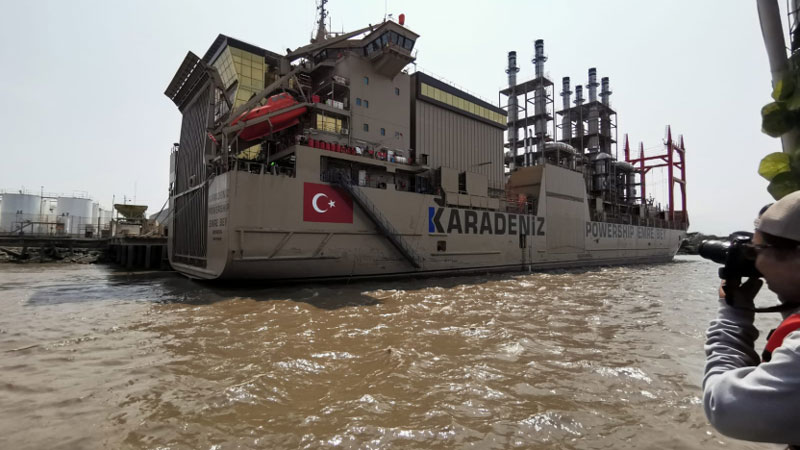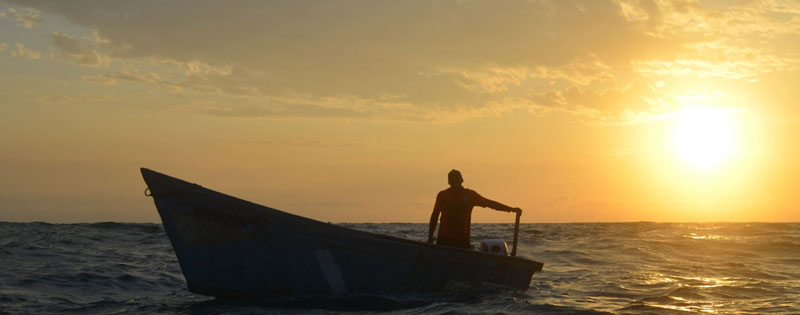Ecuador – U.S. ambassador dismissals highlight growing independence of Andean nations on drug policy issues
After Ecuador and the U.S. dismissed each others’ ambassadors last week, the future of diplomatic relations between the two countries remains strained although both sides say they already working on reconciliation. The U.S. State Department says that Ecuador has been a strong partner in efforts to stem the flow of drugs from South America to the U.S. and they expect the cooperation to continue.
The conflict between t he U.S. and Ecaudor, however, reflects a larger trend in the Andean region, as countries distance themselves from the U.S. and the "War on Drugs."
he U.S. and Ecaudor, however, reflects a larger trend in the Andean region, as countries distance themselves from the U.S. and the "War on Drugs."
As reported last week, Ecuador’s government declared U.S. Ambassador Heather Hodges a “persona non grata” after a diplomatic cable sent by her was released by WikiLeaks. In the missive she accused President Rafael Correa of knowingly appointing a corrupt official as director of the country’s national police force. The U.S. ousted the Ecuadorian ambassador in Washington a day after Hodges' expulsion. As a result of this diplomatic standoff, Ecuador’s anti-drug efforts — much of which are paid for by the United States — may take a hit in the next few months. According to Ecuador’s El Comercio, the inaugurations of some U.S.-funded counternarcotics offices in the country, which were set to open on April 11, have been postponed.
Additionally, Interior Minister Alfredo Vera announced that he would not process any documentation relating to cooperation with U.S. security initiatives unless Ambassador Hodges apologized for her accusations. This kind of rhetoric marks a distinctive shift from Ecuador’s fairly receptive response to American anti-drug efforts in the past. Last year alone, the country received at least 25 million dollars worth of police and military aid, according to a report published by the U.S. Embassy in Quito.
This is not an isolated trend. A number of other recent developments in the Andean region indicate a growing sense of independence from the U.S.-led war on drugs.
Unexpectedly, Colombia also seems to be asserting its independence from the U.S.’s counternarcotics agenda. As InSight has noted, relations between Colombia and Venezuela have improved immensely in the past few months. Perhaps the most important result of this so far has been the decision by Colombian President Juan Manuel Santos to extradite drug kingpin Walid Makled to Venezuela instead of to the U.S.
In Bolivia, where the U.S. Drug Enforcement Agency (DEA) was expelled in 2008 for alleged political interference, the government is increasingly turning to neighbouring Brazil for assistance. On 30 March, the two countries signed an agreement to combat drug trafficking in the Andean nation. In addition to funding anti-drug programs, and providing counternarcotics training to Bolivian security forces, Brazil will conduct surveillance drone flights over Bolivian territory.
The second-largest producer of cocaine, Peru, may be destined to scale back its cooperation with the United States as well. According to an official count Ollanta Humala has won the country’s first-round elections, held on April 10, putting him in pole position to win the presidency in the second round. Humala, a former military officer, has spoken out strongly against the production of drugs in the country, vowing to “attack” illicit production. But while the candidate has tried to cast himself as a moderate, his status as a political ally of Hugo Chavez has many worried that if elected he will attempt a “Bolivarian Revolution” of his own, and adopt an anti-U.S. position.
With Brazil already flexing its muscle in the region, Russia and China are sure to step up their efforts. In a recent address to Congress, SouthCom General William M. Fraser said as much, citing the Russian delivery of defense systems and automatic weapons to Venezuela, and China’s sale of several K-8 training aircraft to Ecuador, Venezuela and Bolivia. Ultimately, as these emerging powers seek to increase their influence in Latin America, the future of U.S. drug policy in the region seems destined to decline.
Credit: http://insightcrime.org; photo caption: former U.S. Ambassador to Ecuador Heather Hodges

















